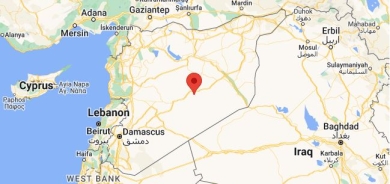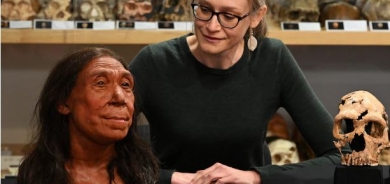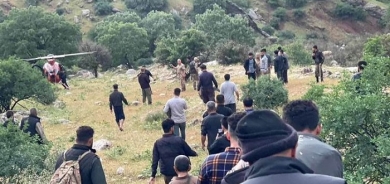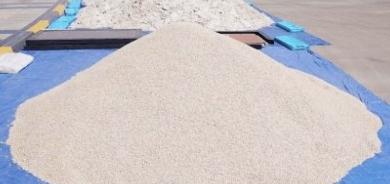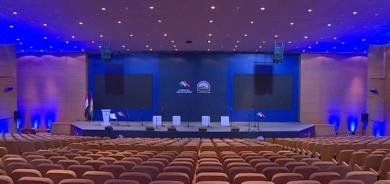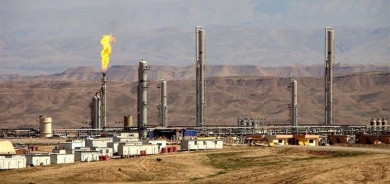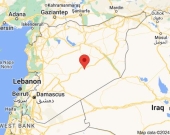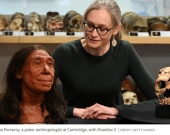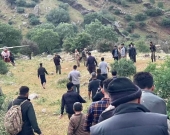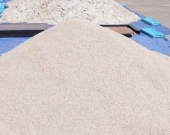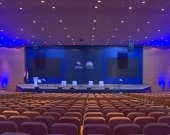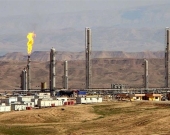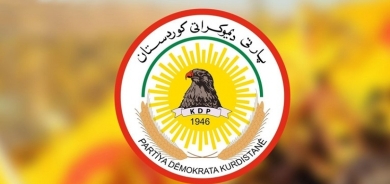Kurdistan Region Needs Foreign Investment to Make Economic Leap
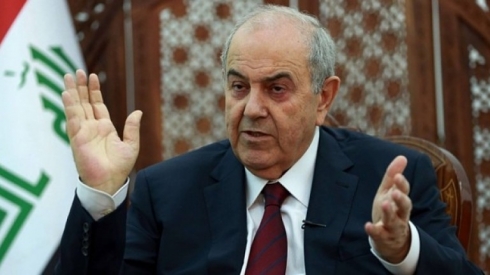
“Kurdistan is seen as one of the most promising economic markets,” Falah Mustafa Bakir, Kurdistan Regional Goverment’s (KRG’s) Minister of Foreign Relations, told a Tourism Investment conference last weekend.
“We are a young society, and despite the progress made, much still needs to be done. We have to change Kurdistan from a consuming to a producing society,” he said, urging investors to trust in the young but promising economy.
He said that investors should take notice of Kurdistan’s eight percent economic growth last year, and the annual budget that went from US$100 million in 2002 to $13 billion in 2013. He also noted that, of all the investments made in Iraq, 55 percent happen in Kurdistan.
In order to attract investment and modernize, the Kurdish government has identified agriculture, industry and tourism as three sectors that need development.
A master plan by the Ministry of Planning shows that for the next seven years Kurdistan needs $1.1 billion in investments in the fields of education, energy, health, vocational training and other sectors.
To stimulate medium and small industries, the authorities are planning four industrial zones, in Erbil, Sulaimani, Duhok and Garmiyan. But these will need additional infrastructure, including roads and services.
These projects – needing $350 million in investments -- are open for tendering, the Ministry of Trade and Industry declared at the conference.
Investment of $3.5 billion is also required for two main projects to develop tramways for Erbil and Sulaimani. Italian firms have finished the designs for four tramlines in Erbil and six in Sulaimani, but the work can only start when the money is found.
“These are huge budgets and the government cannot afford all of it,” said Salah Rasheed of the Ministry of Transport. “Erbil is in urgent need of projects for transporting people and goods.”
Hundreds of millions of dollars are also needed for a number of dam projects. So far several tenders have been given to companies in the field of wastewater treatment plants.
Responding to a question over whether the government is placing too much emphasis on investors for vital public services, Kurdistan’s Agriculture Minister Serwan Baban said, “We should not apologize for the fact that we involve the private sector.”
“The reality is that the budget is not sufficient and our civilians deserve a better life,” he added.
As the main voice at the conference, Bakir said that the Kurdish government could not afford to wait for funds from Baghdad if it wanted to move forward. “If we wait for the money to come from Baghdad, it will take too long,” he said.
Some foreigners already doing business in Kurdistan stressed that the region lacks major services, such as banking, and was therefore not ready for business.
Kurdistan’s banking system is still cash based, and not well integrated into the international banking system. Bakir admitted that banking in Kurdistan is “in its infancy.”
Bad the lack of modern roads was also mentioned as a major issue.
Another participant complained of inconsistent rules and regulations.
“Rules and regulations change the whole time without any notice. Then you are stuck at the airport with your goods, and have to get new documents and lose time,” he said.
A major challenge for foreign firms coming to work in Iraqi Kurdistan is the lack of skilled labour.
“For that reason many expats are now coming in to do the work,” said Nevin Tosun of Morgan Polaris Solutions. She stressed that to plan 10 to 20 years ahead, the Kurdish government needs to work on training the local workforce.
Rudaw

